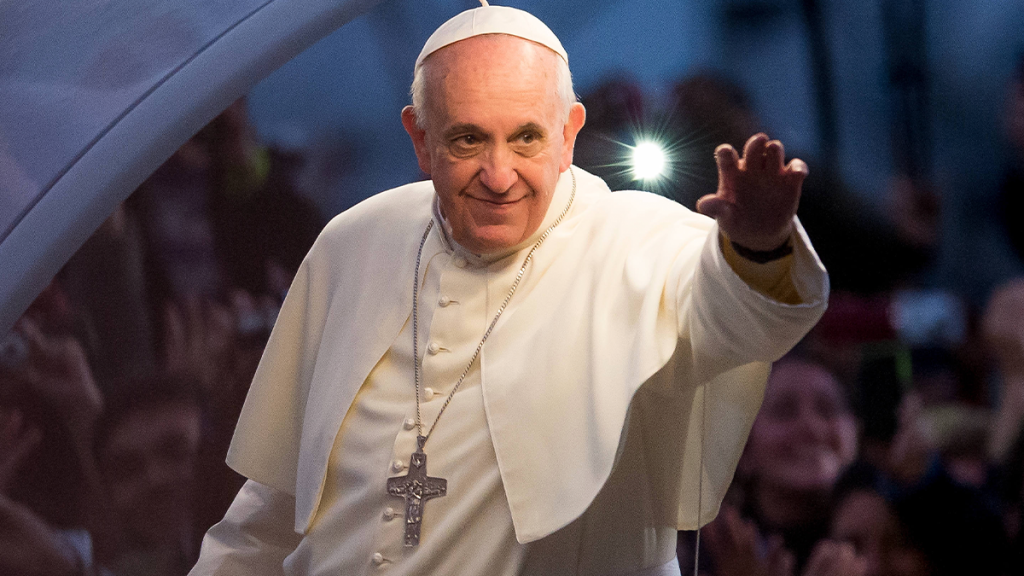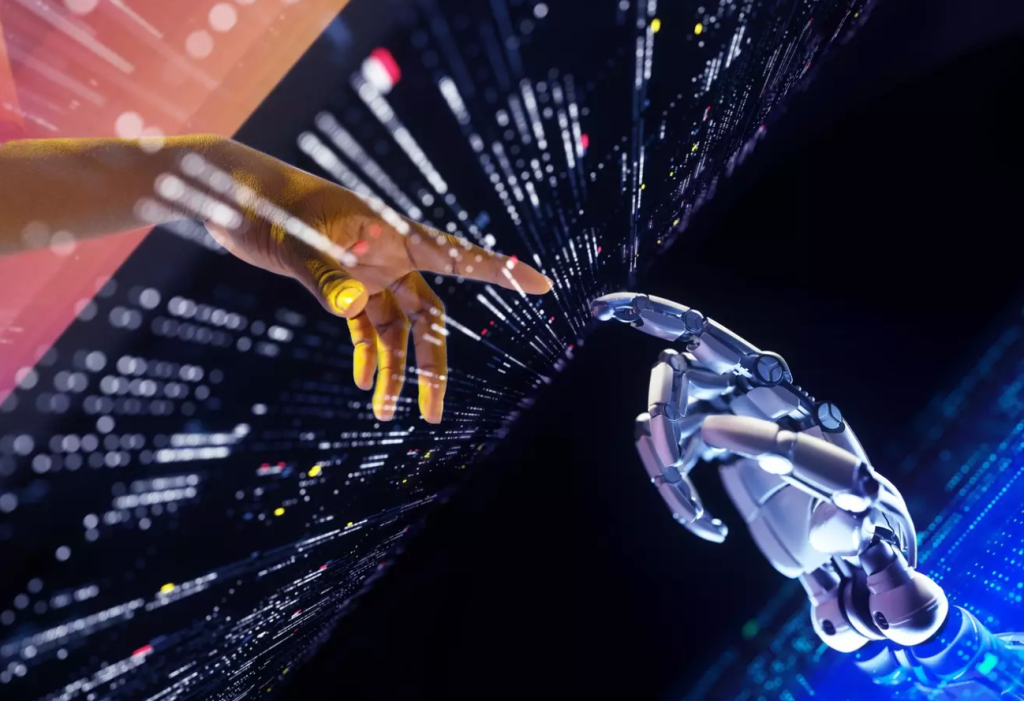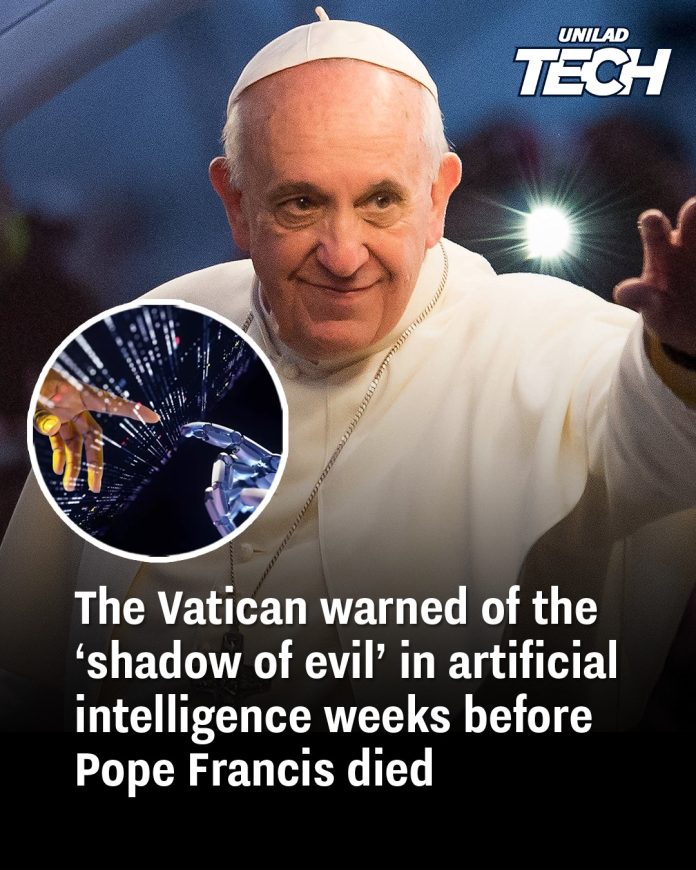In the weeks leading up to Pope Francis’s passing, the Vatican issued a profound warning about the ethical implications of artificial intelligence (AI), describing it as harboring a “shadow of evil.” This cautionary message was encapsulated in a comprehensive 13,000-word document titled Antiqua et nova (“Ancient and New”), released in January 2025. The document, approved by Pope Francis and authored by the Dicastery for the Doctrine of the Faith alongside the Dicastery for Culture and Education, delves into the multifaceted impact of AI on society, urging for vigilant oversight and ethical considerations in its development and application.

Antiqua et nova articulates concerns that AI, while offering significant advancements, poses risks that could undermine human dignity and societal structures. The document warns that AI technologies, particularly those capable of generating deepfakes and autonomous decision-making, could lead to misinformation, erosion of trust, and even existential threats if left unchecked. It emphasizes the necessity for AI to complement human intelligence rather than replace it, cautioning against scenarios where AI could “enslave” workers through monotonous tasks or impede children’s development by substituting genuine human interaction.
Pope Francis echoed these sentiments in his final monthly prayer, expressing apprehension about the overreliance on technology and its potential to disrupt authentic human connections. He lamented the increasing screen time that detracts from face-to-face interactions, stating, “How I would like for us to look less at screens and look each other in the eyes more!” The Pope urged that technology should not replace human relationships but instead respect human dignity and aid in addressing contemporary crises.

The Vatican’s stance underscores a broader call for ethical frameworks governing AI development. The document highlights the potential for AI to exacerbate social inequalities, manipulate public opinion, and even pose threats through autonomous weapons systems. It stresses the importance of human oversight in AI applications, particularly in critical sectors like healthcare, education, and warfare, to ensure that technological advancements align with moral and ethical standards.
In conclusion, the Vatican’s warnings serve as a poignant reminder of the dual-edged nature of AI technologies. While acknowledging the immense benefits AI can bring, the Church advocates for a cautious and ethically grounded approach to its integration into society. This perspective invites global stakeholders to reflect on the moral dimensions of technological progress and to strive for innovations that uphold human dignity and the common good.

















